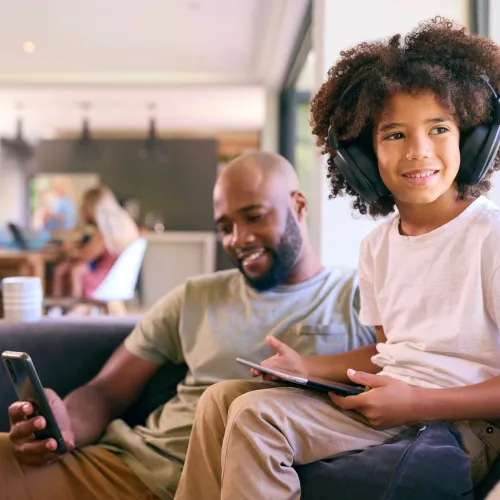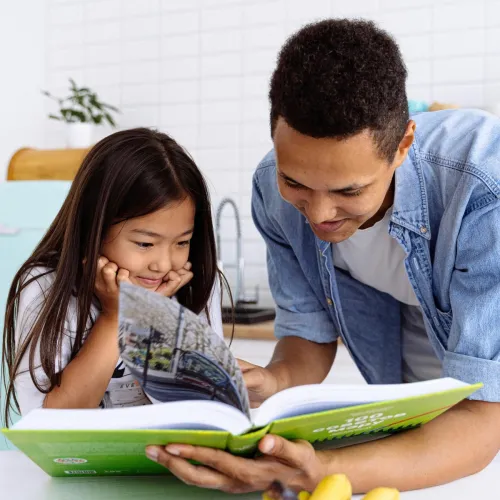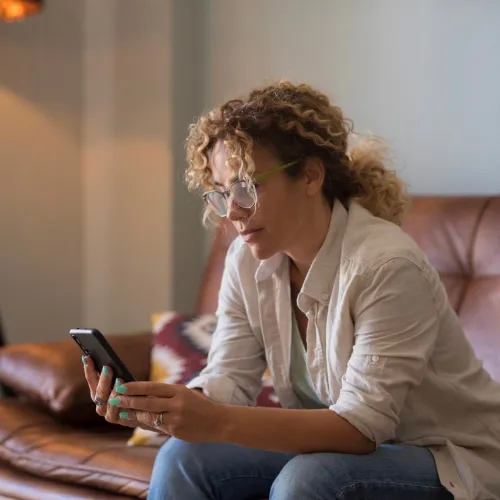OurFamilyWizard Blog
Insights and Advice for Conflict-Free Co-Parenting
Featured

Splitting kids’ travel sports and activity costs can be chaotic for co-parents, but you can turn…
Recent

It’s normal for co-parents to feel pressure to make their parenting time special. And it’s easier…

Family mediation offers a calmer, more private way to navigate divorce. It’s often required before…

Custody mediation helps separating parents create parenting plans without going to court. It’s a…
Mastering your parenting schedule
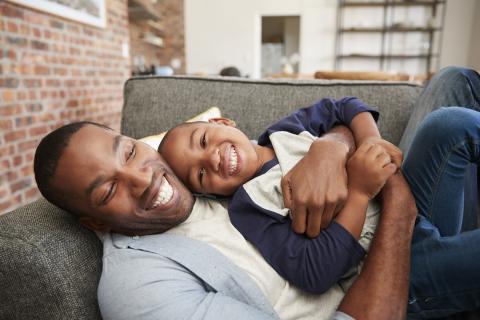
Using the best co-parenting calendar is essential for preventing conflict after a divorce or…
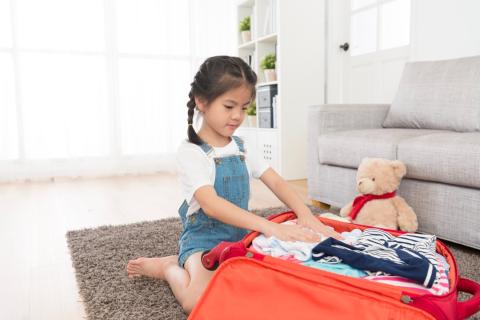
Katharine Rupp, a family law attorney who is also a co-parent, shares ideas for making co-parenting…

For many parents, a parenting schedule is a crucial element of your overall co-parenting…
